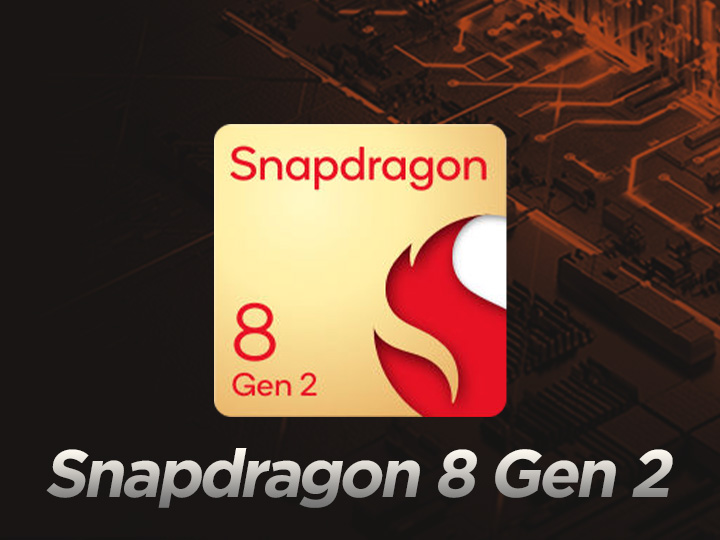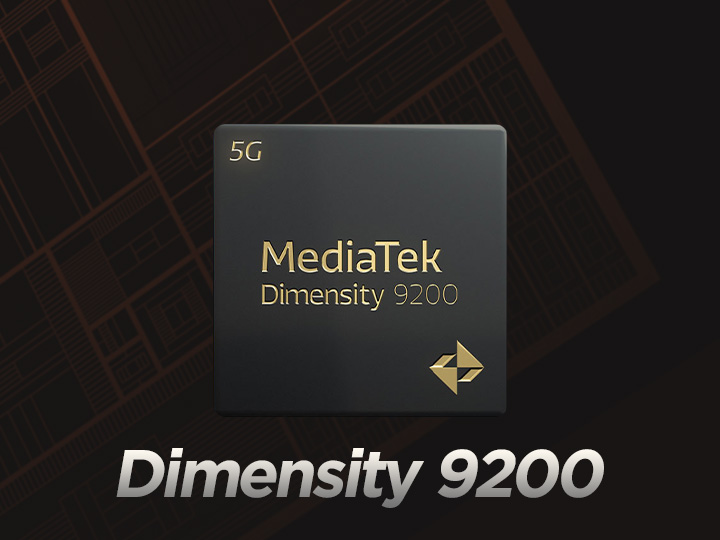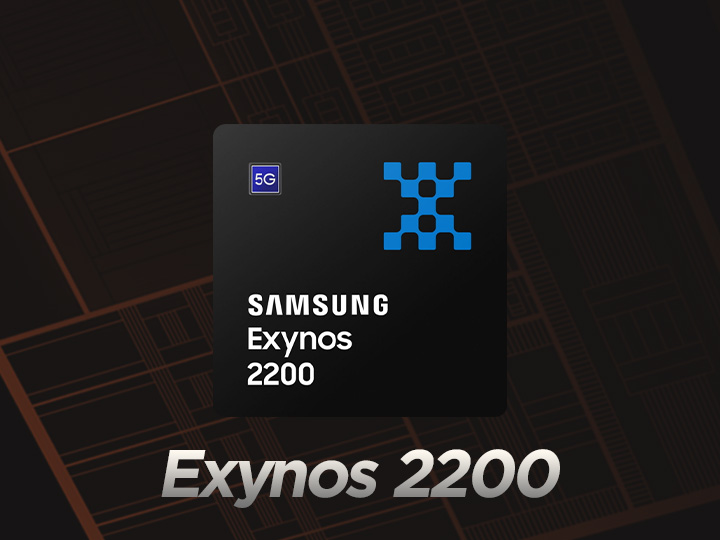System-on-Chips (SoC) are like the superheroes of the tech world, hidden inside our devices, working tirelessly to make our lives easier and more efficient.
Just like superheroes, some of them are more popular and powerful than others.

Thus, we’ll take a closer look at the five most powerful smartphone chipsets in the market right now, with their benchmarks and what makes them powerful as they are.
So, put on your cape and let’s fly in!
The Apple 12 A16 Bionic is most powerful mobile chipset yet—outperforming even the latest one from Qualcomm 11.
It runs on TSMC’s 4 nanometer process node with 6 cores (2x 3.46 GHz – Everest and 4x 2.02 GHz – Sawtooth). Take note of the 3.46 GHz clock speed.

Looking at the benchmarks, the Apple silicon has certainly impressive scores.
On Geekbench 5, that determines CPU performance, it gained 1,871 on single core score, and 5,384 multi-core score.
While on AnTuTu v9 that benchmarks the CPU, GPU, and RAM performance under various testing scenarios, the A16 Bionic got 934,317.
The iPhones equipped with this chip are the iPhone 14 Pro and its Max variant.
Additionally, Apple gained the biggest chipset market share (31%) in the fourth quarter of 2022.
Next in line is Qualcomm’s latest chip, the Snapdragon 8 Gen 2, which is absolutely on par with Apple’s silicon.
The Snapdragon 8 Gen 2 also runs on TSMC’s 4-nanometer process with octa-core architecture (1x 3.2 GHz – Cortex-X3; 2x 2.8 GHz – Cortex-A715; 2x 2.8 GHz – Cortex-A710; 3x 2 GHz – Cortex-A510).
Based on the clock speeds alone, you could tell that it’s a bit short as compared to Apple’s chip that almost broke the 3.5 GHz barrier.

However, the benchmarks are rather interesting, with the Snapdragon 8 Gen 2 garnering AnTuTu scores at 1,275,192 which is over 300k higher than A16 Bionic.
Qualcomm has certainly made significant strides in other areas—particularly in terms of power efficiency in the GPU department, narrowing the gap with Apple’s chip—but the CPU performance falls behind.
Its Geekbench 5 scores confirm that with 1,485 single-core score and 4,947 multi-core score.
Some of the most popular devices equipped with Snapdragon 8 Gen 2 are the Xiaomi 13 Pro 25, OnePlus 11, and Samsung Galaxy S23 Ultra. The upcoming OPPO Find X6 Pro will also use this chipset.
Moreover, Qualcomm was third in market share report for Q422 (21%).
MediaTek took the third spot on the ranking list with its Dimensity 9200, the latest flagship processor from MediaTek.
It is built with the same TSMC 4 nm node with octa-cores (1 core Cortex-X3 at 3050 MHz, 3 cores Cortex-A715 at 2850 MHz, and 4 cores Cortex-A510 at 1800 MHz).

Onto its benchmarks, it gained 1,298 single-core and 4,927 multi-core scores with Geekbench 5 and 1,204,281 score on AnTuTu.
The vivo X90 series boasts the Dimensity 9200, which is the brand’s flagship offering.
MediaTek had the 2nd biggest market share in Q422 (21%).
Yes, an Exynos chipset is actually good and the Samsung Galaxy S22 Ultra boasting the Exynos 2200 can tell.
For starters, it has the same 4 nm process node made by Samsung themselves.

An octa-core architecture inside (1 core Cortex-X2 at 2800 MHz, 3 cores Cortex-A710 at 2520 MHz, and 4 cores Cortex-A510 at 1820 MHz).
The Exynos 2200 gained a single-core score of 1,154 and multi-core score of 3,539 while its AnTuTu score is at 935,072.
Samsung have been consistent with their chipset market share (8%), next to UNISOC (9%) who cater to low/ entry level smartphones.
Google’s own silicon is based on Samsung’s 5nm process node and also has an octa-core structure (2 cores Cortex-X1 at 2850 MHz, 2 cores Cortex-A78 at 2350 MHz, and 4 cores Cortex-A55 at 1800 MHz).
None of the cores even reached the 3.0 GHz barrier for this chip, but that doesn’t mean it’s not powerful enough.

Via Geekbench 5, it garnered scores of 1,055 single-core and 3,216 multi-core which isn’t that far from Exynos 2200.
For AnTuTu benchmark, the Google Pixel 7 garnered 787,956 score.
Marques Brownlee named the Google Tensor G2 as its MVP for 2022, and Arun Maini as the best phone for 2023. However, it didn’t have the fastest processor, and I understand why.
It’s not all about the CPU performance, but rather the real-world experience that deserves its right to be called powerful.
There are technically other powerful chips out there, even their predecessors are still considered powerful today, including the Apple A15 Bionic, Qualcomm Snapdragon 8+ Gen 1, and MediaTek 9000 Plus.
What chipset brand does your phone use? Share it with us down in the comments!
Disclosure: This article is based on Smartphone Processors Ranking by nanoreview.net. With additional information from CounterPoint Research Global Smartphone AP (Application Processor) Shipments Market Share: Q3 2021 to Q4 2022. And relevant info retrieved from the chipset brands’ official website.

YugaTech.com is the largest and longest-running technology site in the Philippines. Originally established in October 2002, the site was transformed into a full-fledged technology platform in 2005.
How to transfer, withdraw money from PayPal to GCash
Prices of Starlink satellite in the Philippines
Install Google GBox to Huawei smartphones
Pag-IBIG MP2 online application
How to check PhilHealth contributions online
How to find your SIM card serial number
Globe, PLDT, Converge, Sky: Unli fiber internet plans compared
10 biggest games in the Google Play Store
LTO periodic medical exam for 10-year licenses
Netflix codes to unlock hidden TV shows, movies
Apple, Asus, Cherry Mobile, Huawei, LG, Nokia, Oppo, Samsung, Sony, Vivo, Xiaomi, Lenovo, Infinix Mobile, Pocophone, Honor, iPhone, OnePlus, Tecno, Realme, HTC, Gionee, Kata, IQ00, Redmi, Razer, CloudFone, Motorola, Panasonic, TCL, Wiko
Best Android smartphones between PHP 20,000 - 25,000
Smartphones under PHP 10,000 in the Philippines
Smartphones under PHP 12K Philippines
Best smartphones for kids under PHP 7,000
Smartphones under PHP 15,000 in the Philippines
Best Android smartphones between PHP 15,000 - 20,000
Smartphones under PHP 20,000 in the Philippines
Most affordable 5G phones in the Philippines under PHP 20K
5G smartphones in the Philippines under PHP 16K
Smartphone pricelist Philippines 2024
Smartphone pricelist Philippines 2023
Smartphone pricelist Philippines 2022
Smartphone pricelist Philippines 2021
Smartphone pricelist Philippines 2020